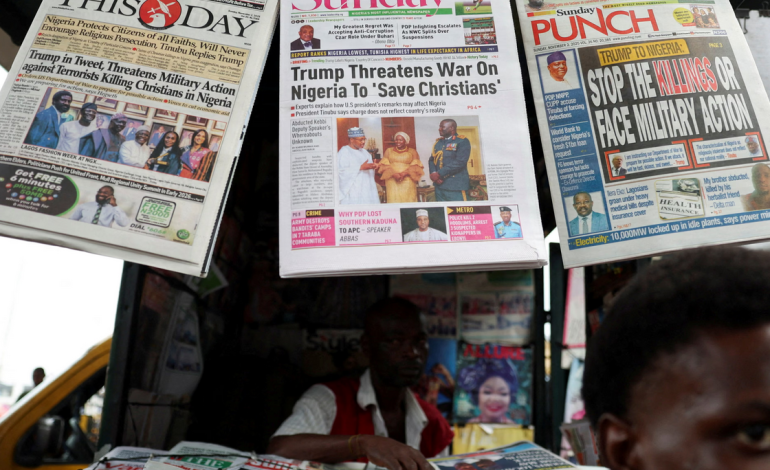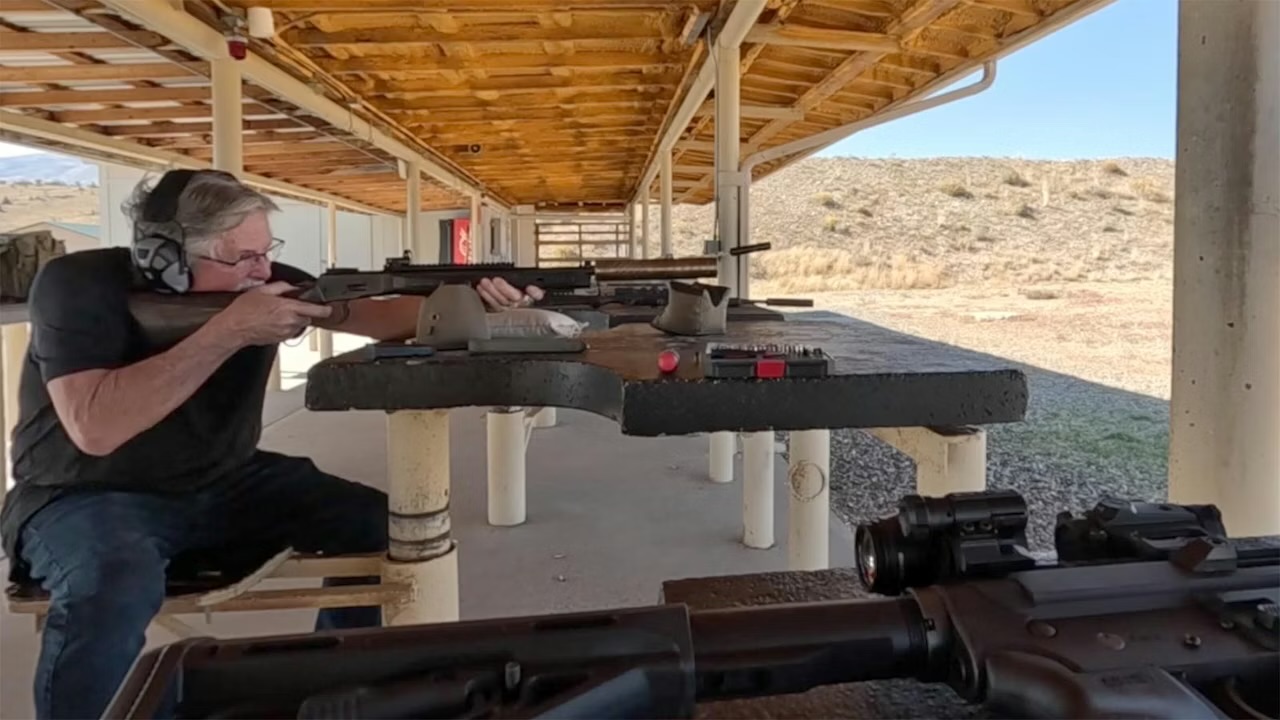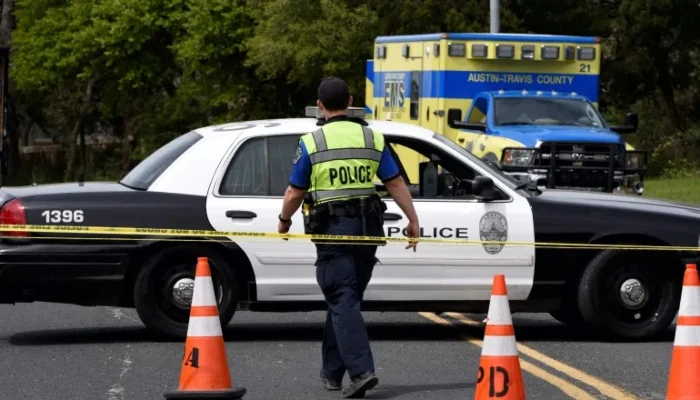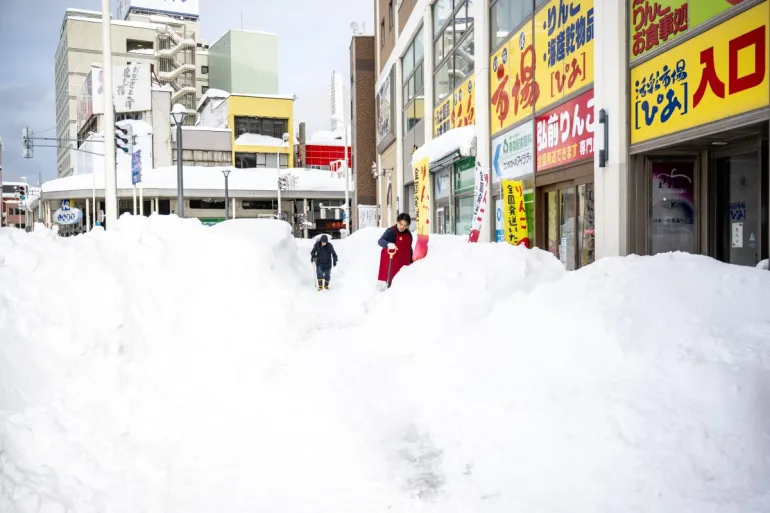Trump’s Nigeria Threat Sparks Confusion — and a Market Freak-out

With input from the Washington Post, the Guardian, Bloomberg, and CNN.
Nigeria woke up to jitters and guesswork after President Donald Trump warned he could cut US aid and even go in “guns-a-blazing” over what he called the government’s failure to stop the killing of Christians. An adviser to President Bola Tinubu waved it off as a negotiating move — but investors didn’t.
Over the weekend, Trump posted that he’d told the Pentagon to “prepare for possible action” in Nigeria and would “immediately stop all aid and assistance” unless Abuja halts attacks on Christians. He also said he’s designating Nigeria a “Country of Particular Concern” for religious freedom violations and flagged roughly $1 billion in 2023 US assistance.
Tinubu pushed back, saying Trump’s framing ignores Nigeria’s constitutional religious liberty and the government’s efforts to protect it. A presidential adviser called the remarks posturing.
Nigeria’s dollar bonds were the worst performers in emerging markets Monday, with the 2047s down as much as 0.6 cents before trimming losses. The naira slid about 1.2% intraday to ₦1,442.80 per dollar, the biggest drop among EM currencies. Some fund managers called it a knee-jerk move, saying Nigeria’s reform story remains intact.
Nigeria’s 230 million people are split roughly between Muslims and Christians. Yes, Boko Haram and ISWAP have targeted churches and clergy; at the same time, Muslim communities have suffered mass killings by the same extremists and by “bandit” gangs in the northwest. In the Middle Belt, farmer-herder clashes are driven by land and water conflicts, with religion often layered on top. In short: both Christians and Muslims are victims.
Trump’s talk of unilateral military action rattled Abuja, where officials stressed sovereignty and cooperation over coercion. Analysts say US strikes or deployments wouldn’t fix the root causes — weak local policing, resource disputes, extremist propaganda, criminal kidnappings — and could destabilize things further.
Since Tinubu’s 2023 reforms (fuel subsidy rollback, FX liberalization), Nigeria’s risk premium narrowed sharply, and stocks surged almost 60% in dollar terms this year. Sudden US threats inject headline risk that can spook capital and complicate ongoing security cooperation and arms sales — even if no tanks roll.
Trump’s blast has Nigerians anxious and markets wobbling. The violence is real, but the picture is more complex than a single narrative — and sabre-rattling won’t solve it.









The latest news in your social feeds
Subscribe to our social media platforms to stay tuned